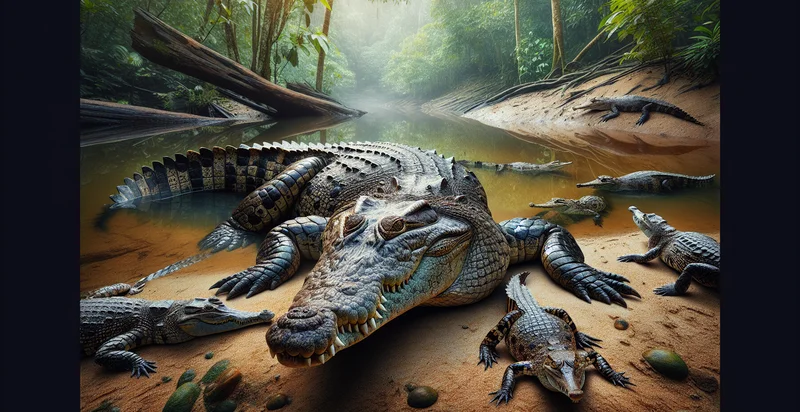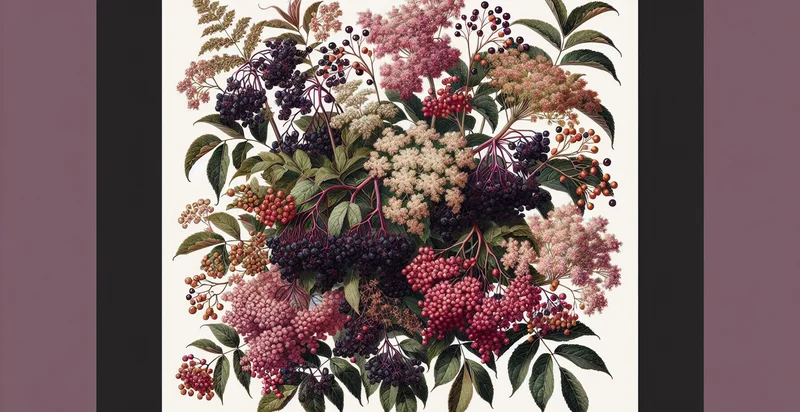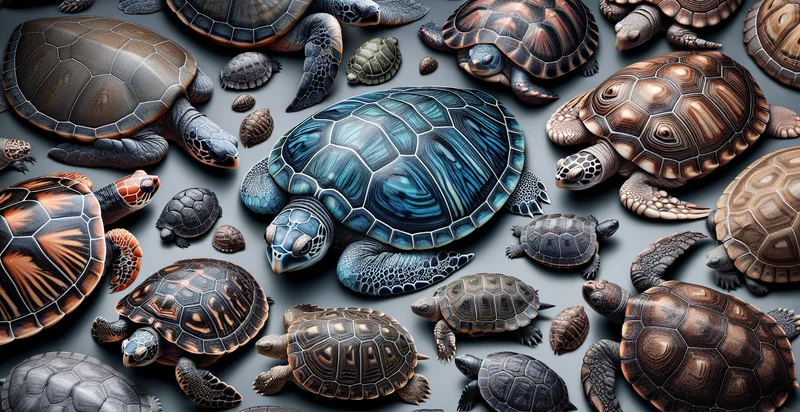Identify walrus species
using AI
Below is a free classifier to identify walrus species. Just upload your image, and our AI will predict which species of walrus it is - in just seconds.

Contact us for API access
Or, use Nyckel to build highly-accurate custom classifiers in just minutes. No PhD required.
Get started
import nyckel
credentials = nyckel.Credentials("YOUR_CLIENT_ID", "YOUR_CLIENT_SECRET")
nyckel.invoke("walrus-species-identifier", "your_image_url", credentials)
fetch('https://www.nyckel.com/v1/functions/walrus-species-identifier/invoke', {
method: 'POST',
headers: {
'Authorization': 'Bearer ' + 'YOUR_BEARER_TOKEN',
'Content-Type': 'application/json',
},
body: JSON.stringify(
{"data": "your_image_url"}
)
})
.then(response => response.json())
.then(data => console.log(data));
curl -X POST \
-H "Content-Type: application/json" \
-H "Authorization: Bearer YOUR_BEARER_TOKEN" \
-d '{"data": "your_image_url"}' \
https://www.nyckel.com/v1/functions/walrus-species-identifier/invoke
How this classifier works
To start, upload your image. Our AI tool will then predict which species of walrus it is.
This pretrained image model uses a Nyckel-created dataset and has 3 labels, including Atlantic Walrus and Pacific Walrus.
We'll also show a confidence score (the higher the number, the more confident the AI model is around which species of walrus it is).
Whether you're just curious or building walrus species detection into your application, we hope our classifier proves helpful.
Related Classifiers
Need to identify walrus species at scale?
Get API or Zapier access to this classifier for free. It's perfect for:
- Predictive Analysis For Conservation Initiatives: Conservation organizations can use the 'walrus species' identifier to analyze the fluctuating numbers and distribution of different walrus species. This assists in developing evidence-based strategies for aided survival, including identifying areas of habitat protection.
- Research and Study: Educational institutions and wildlife research bodies can use the identifier to classify varied walrus species for ecological studies, tracking migratory patterns, and understanding species resilience in diverse environments.
- Marine Park Inventory Management: Marine parks and aquariums can apply the identifier to maintain accurate inventories of diverse walrus species, track their health, and monitor interactions between different species.
- Environmental Journalism: Media organizations specializing in environmental journalism can use the identifier in reporting on the state of walrus species in specific habitats, providing visual proof for their stories.
- Coastal Management: Governmental and non-governmental coastal management bodies can use the identifier for keeping an eye on the population of different walrus species. This assists in preventing overpopulated areas and ensuring harmony in the ecosystem.
- Eco-tourism Programming: Eco-tourism companies can use the 'walrus species' identifier to provide accurate information to tourists about the variety of walrus species in a certain region, enhancing the quality of educative tours and improving visitor engagement.
- Wildlife Photography: Professional wildlife photographers can utilize the identifier to verify and correctly label various walrus species in their captures, enhancing the content's credibility and value.


